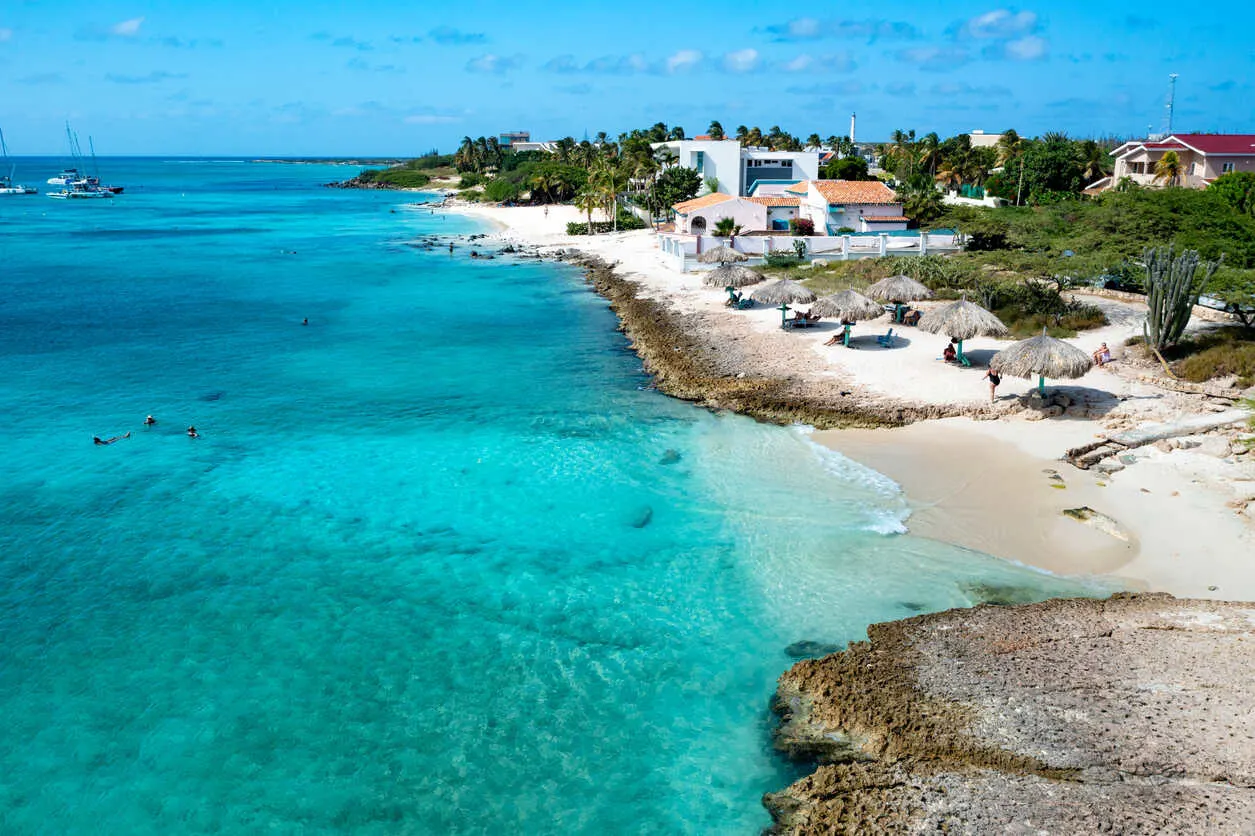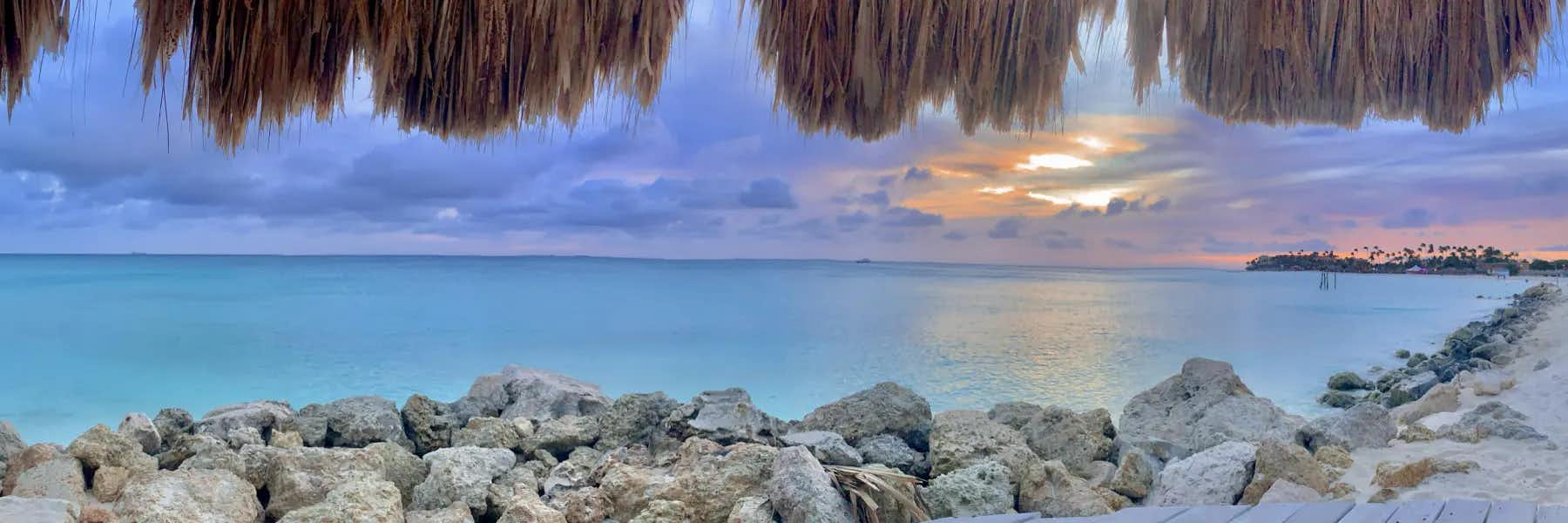Aruba is not an independent nation, although it is in domestic matters. It is part of the Kingdom of the Netherlands, which is separate from the Netherlands itself. The country is attractive to expats primarily because of its hot but blessed climate, which is blessed with regular trade winds. It is very dry, however, and thus unlike the Caribbean Islands to the north.
Types of Visas

Temporary Visas
Citizens of the United States, Canada, and the European Union may visit Aruba without a visa for 90 days. However, in common with European practice, you may only stay in the country for 90 days out of every 180 days, starting with the day of your first arrival.
Oddly, Aruba offers a digital nomad visa, which is also valid for a maximum of three months. It requires proof of accommodation, sufficient income of at least $5,000 per month, and a return ticket. Given that it provides no advantages beyond the tourist visa, there has been little interest in it.
Long-Term Visas
As a constituent country in the Kingdom of the Netherlands, Aruba is constrained by Dutch law. It does have some flexibility as a self-governing territory, but unlike neighboring Curaçao, it has not exercised it to date.
Getting a retirement visa for Aruba means qualifying for a Dutch residence permit, Although applications for the island are treated differently from those for the Netherlands itself. There are two types of retirement visas:
Guaranteed income status: You will need to prove a guaranteed annual income of about US$28,000.
Without guaranteed income status: You will need to prove a yearly income of about US$56,000.
Permanent Residency
Permanent residency in Aruba is identical to that in the Netherlands. You must have lived on the island for five consecutive years on a valid residence permit, without having spent more than six consecutive months or more than eight months in total outside Aruba. You must pass a Dutch civic integration exam and prove stable and sufficient income to support yourself. You must also have suitable accommodation.
Citizenship
Getting Aruba citizenship is the same as getting Dutch citizenship. It is difficult to do and requires renouncing your original citizenship, without exception.
Requirements and Documentation
Documentation for visas and permanent residency must be apostilled, but they may be submitted in English. The following are required:
A completed Dutch visa application form.
A passport valid for at least six months.
Two recent passport photos.
Proof of financial means relevant to the visa.
Proof of accommodation in Aruba.
Proof of health insurance covering all medical expenses for the duration of your stay.
Criminal background checks or certificates of good conduct from your home country or any countries where you have lived for the last five years.
A medical certificate stating that you were in good health and free of contagious diseases, issued by a doctor recognized by the Aruban authorities.
Processing Time
2-3 months.
Cost
Most long-term residency and permanent residency applications cost around $250.
Contacts
Because Aruba is part of the Kingdom of the Netherlands, its diplomatic and immigration issues are managed by the Netherlands Embassies in the United States and Canada.
Consult with Me, One-on-One
My Mission: To Make Your Life Simpler, Safer, and Freer … Not More Complicated
Stop overcomplicating, second-guessing, or giving in to “information paralysis” … Let’s sit down together (online), and I’ll help you create a custom blueprint for your international goals… second passports, tax, travel, retirement, estate, business, and more…



